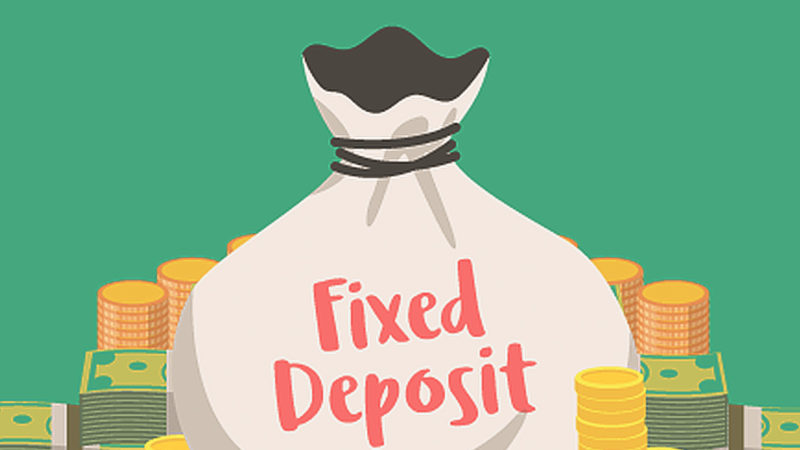The Indian financial market offers options aplenty to park surplus funds and see them grow. This includes Fixed Deposit (FD) and Mutual Funds, the two different options for two different classes of investors. Which one to opt for depends on the category you fall under. For a risk-taker, Mutual Funds make sense. But if the safety of investment and decent returns are a priority, FD is the way to go. Here’s a rundown of both options to help you make informed decisions.
Fixed Deposit:
Fixed Deposit (FD) is a financial service provided by banks and NBFCs. Rather, it’s the oldest and most popular financial vehicle out there. FD ensures stable returns unaffected by market fluctuations and growing inflation. The rate of interest is locked at the time of account opening and remains unchanged for the entire tenor. Typically, you can earn fixed deposit rates between 7% and 8.5%, subject to the bank. While the proceeds are taxable, the principal attracts tax rebate under Section 80C of the Indian Income Tax Act. The lock-in period ranges from 7 days to 10 years with cumulative and non-cumulative payout options available.
Must Read: 5 REASONS TO FINANCE YOUR SECOND HAND CAR WITH A PERSONAL LOAN
Mutual Funds:
Mutual Funds (MFs) are a market-centric investment option. Herein, a corpus is created by pooling money from retail and institutionalized investors. The corpus is invested in securities, and the profits are passed on to investors proportionate to their investment. The returns can be up to 15%, depending on the market conditions. The mutual funds come in three options:
- Debt MFs:
The lion’s share is invested in bonds and securities, and the remainder goes to equity markets.
- Equity MFs:
A major share is parked in the equity market and the lesser one in bonds and securities.
- Balanced MFs:
The investment in Balanced Mutual Funds is equally divided into the equity market and bonds.
Must Read: FOUR STEPS TO MAKE YOUR DREAM VACATION A REALITY WITH PERSONAL LOAN
Differentiators:
The two options are poles apart on some key parameters that drive investment decisions.
- Safety of investment:
If the safety of your investment is the top priority, FD is for you. The MFs are prone to inflation and market fluctuations but the best fixed deposit is immune to them. Plus, the FD is guaranteed by the Government of India. In an event of default, you get INR one lakh on both, the invested amount and the interest earned. On the contrary, MFs lack any such assurance.
- Returns:
Being market-linked, MFs can offer an overwhelming rate of interest. Note that, the interest earnings depend on how well the fund performs. Given the highly volatile financial market vulnerable to scams, you might lose your principal, let alone making profits. On the other hand, fixed deposit rates are steady and assured. You know what you’ll get upon tenor expiry and you unfailingly get it. That speaks why FD is prioritized by investors with low-risk tolerance.
- Taxation:
In the best fixed deposit, your source of ROI is the interest. Contrarily, the ROI in MFs come as dividends and capital appreciation. The difference in ROI generation leads to a difference in taxation. FD exempts you from interest on an investment but the proceeds and interest are taxable. The taxation in MFs depends on the holding period.













